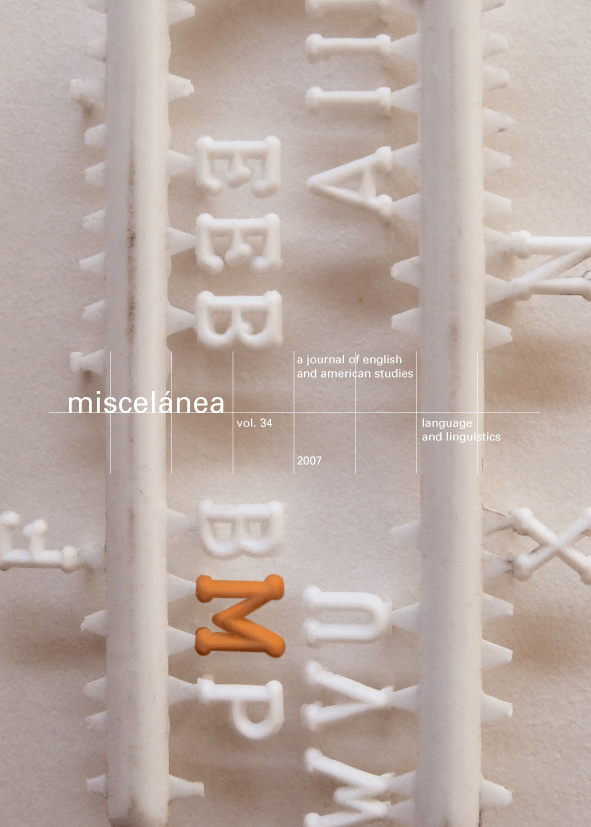Aspects of Indian Modernity: A Personal Perspective
DOI:
https://doi.org/10.26754/ojs_misc/mj.200610111Palabras clave:
Tradición, Modernidad, Bharat, Laicismo, Espiritualidad, Evolución, IndiaResumen
Éste artículo pretende trazar el contorno de la modernidad india para demostrar que la modernidad colonial es un factor primordial en el surgimiento de la India como nación moderna. La India se contrapone a Bharat, que es el nombre que designaba antiguamente a este espacio geográfico que hoy es India. Bharat es tradicional y la India es moderna. El artículo muestra que estas categorías no tienen por qué ser opuestos irreconciliables, que el estilo de la India ha sido promover una asociación dinámica entre pasado y presente, tradición y modernidad, que el futuro de la India está en juego si no sigue por este camino. El ensayo examina el surgimiento de la modernidad en la India durante el siglo diecinueve y defiende que en gran medida esta modernidad y el despertar de la nación están imbuidos de una actitud espiritual ante la vida. En resumen, el artículo defiende un pasado aprovechable que conserve lo mejor de la tradición, escoja de ella lo que resulte útil y rechace la escoria para forjar un futuro que está íntimamente ligado al pasado. Evolución, más que revolución, es el tema principal del artículo. Este es, en definitiva, el estilo de la India.
Descargas
Referencias
BURKE, Edmund. (1790) 1982. Reflections on the Revolution in France. Ed. and Introd. Conor C. O’Brien. Harmondsworth: Penguin Classics.
CHATTERJEE, Partha. 1986. Nationalist Thought and the Colonial World: A Derivative Discourse? Delhi: Oxford U.P.
COHN, Bernard C. 1997. Colonialism and its Forms of Knowledge: The British in India. Oxford: Oxford U.P.
DEVY, Ganesh. 1992. After Amnesia: Tradition and Change in Indian Literary Criticism. Bombay: Orient Longman.
ELIOT, T.S. 1920. The Sacred Wood: Essays on Poetry and Criticism. London: Methuen.
—. 1948. Notes on a Definition of Culture. London: Faber.
KHILNANI, Sunil. (1997) 1999. The Idea of India. London: Penguin.
KOPF, David. 1979. The Brahmo Samaj and the Shaping of the Modern Indian Mind. New Jersey, Princeton: Princeton U.P.
LETHBRIDGE, Sir Roper. (ed.). (1909) 1972. A History of the Renaissance in Bengal: Ramtanu Lahiri: Brahman and Reformer (from the Bengali of Pandit Sivanath Sastri). Introd. Sibnarayan Ray. Kolkata: Editions India.
TREVELYAN, G. M. (ed.). 1935. Speeches, with the Minute on Indian Education. London: Oxford U.P.
RAMANAN, Mohan. (ed.). 2004. Nineteenth Century Indian English Prose: A Selection. New Delhi: Sahitya Akademi.
SASTRI, Sivanath. 1979. History of the Brahmo Samaj (Vol. I [1911] and Vol. II [1912]). Kolkata: Sadharan Brahmo Samaj.
STOKES, Eric. 1959. The English Utilitarians and India. Oxford: Oxford U.P.
VISWANATHAN, Gauri. (1989) 1998. The Masks of Conquest: Literary Study and British Rule in India. Delhi: Oxford U.P.
Descargas
Publicado
Número
Sección
Licencia

Esta obra está bajo una licencia internacional Creative Commons Atribución-NoComercial 4.0.


